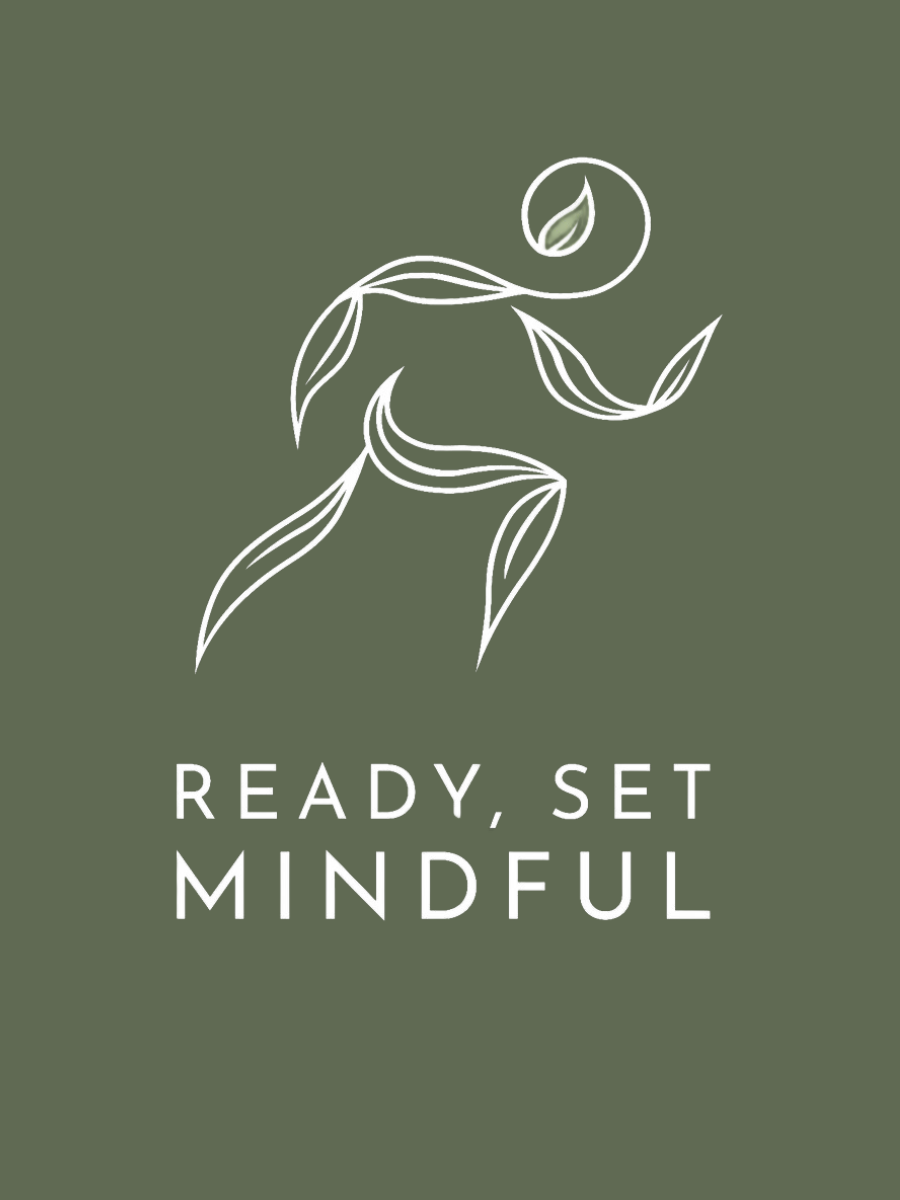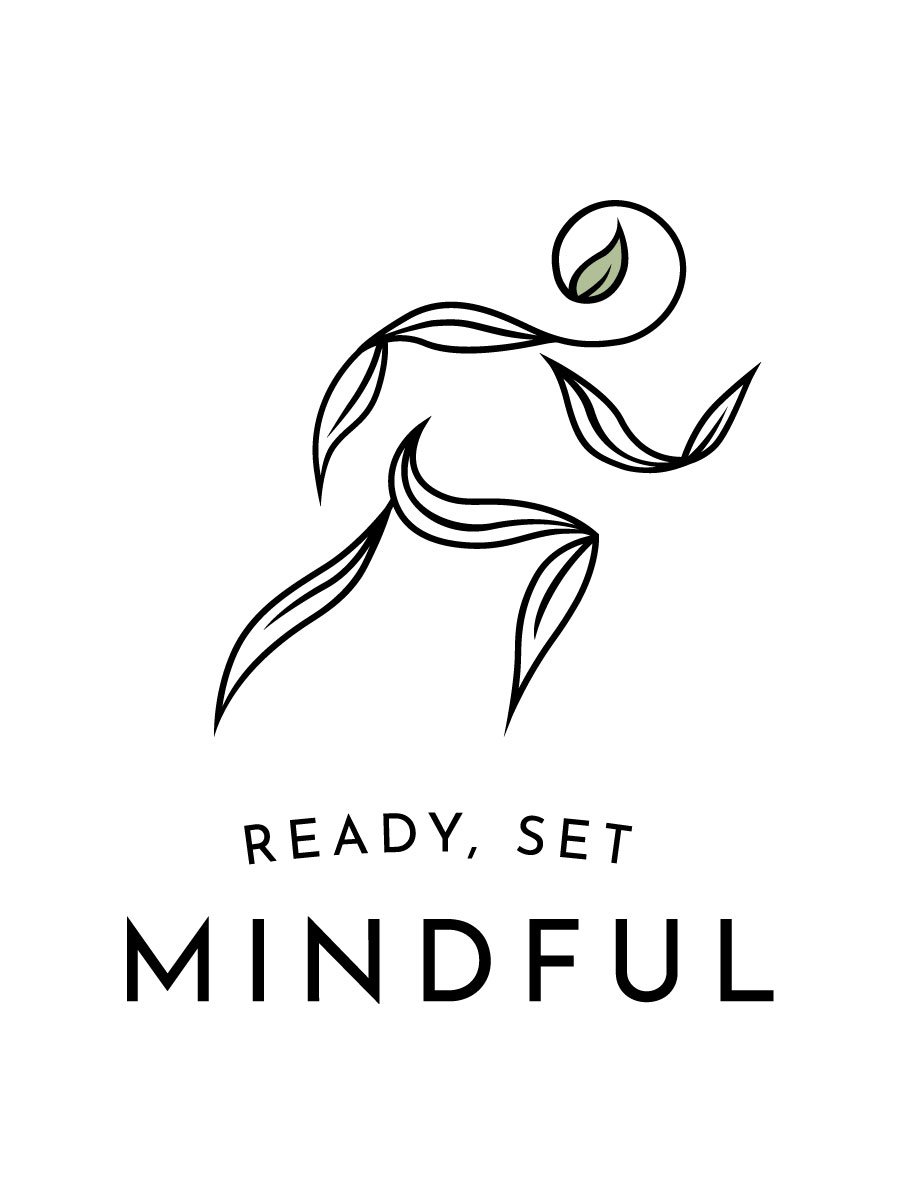How to Avoid New Year’s Resolution Burnout as an Athlete
The start of a new year is an exciting time for athletes. It's a season of fresh starts, ambitious goals, and renewed motivation to push limits. However, many athletes experience burnout when New Year’s resolutions become overwhelming. As a therapist specializing in mental performance coaching for athletes, I want to help you make resolutions that support your growth without leading to exhaustion or frustration.
What Is New Year’s Resolution Burnout?
Resolution burnout happens when we take on too much, too fast, and set overly ambitious goals without a sustainable plan. For athletes, this can mean excessive training, strict routines, or aiming for perfection in both mental and physical performance. When burnout strikes, motivation plummets, injuries become more likely, and mental health takes a hit.
Here’s how to avoid this trap and set yourself up for success in the new year.
1. Set Realistic Goals
Athletes are natural high achievers, but overloading your plate with unattainable goals is a recipe for failure. Instead:
Break big goals into smaller, manageable milestones.
Focus on progress over perfection.
Use the SMART framework (Specific, Measurable, Achievable, Relevant, Time-bound) to set your resolutions.
For example: Instead of "I want to run a marathon in February," consider, "I will increase my running distance by 10% each week."
2. Prioritize Mental Health Goals
Physical goals often take center stage, but athletes benefit from prioritizing mental well-being, too. Add resolutions like:
Practicing mindfulness daily.
Scheduling regular check-ins with a therapist who understands athletes’ needs.
Setting aside time to recharge mentally after competitions.
Remember, mental toughness is just as critical as physical strength.
3. Build Rest and Recovery Into Your Plan
Recovery is not a luxury—it’s essential. Overcommitting without allowing time for rest can lead to injuries and burnout. Make it part of your resolution to:
Get 7-9 hours of sleep each night.
Schedule rest days or active recovery sessions weekly.
Include mental recovery techniques, like meditation or journaling, to reduce stress.
4. Listen to Your Body and Mind
Pushing through discomfort is a hallmark of athletic grit, but it’s important to differentiate between healthy effort and harmful overexertion.
Pay attention to signs of fatigue, stress, or emotional strain.
Seek support from an athletic therapist or sports psychologist if you feel overwhelmed.
5. Stay Flexible With Your Resolutions
Life—and sports—are unpredictable. Goals that seemed achievable in January may need adjusting by March. Being flexible doesn’t mean you’ve failed; it means you’re adaptable.
Reassess your goals regularly and adjust as needed.
Celebrate small wins along the way to maintain motivation.
6. Work With a Therapist Specializing in Athletes
Sometimes, avoiding burnout requires expert guidance. As an athlete, working with a therapist who understands the unique pressures of sports can help you:
Manage performance anxiety.
Overcome setbacks with confidence.
Build a healthy balance between your personal and athletic goals.
At Ready Set Mindful, we specialize in helping athletes like you overcome mental challenges, build confidence, and thrive.
Final Thoughts: Keep Resolutions Mindful and Balanced
New Year’s resolutions should inspire you—not exhaust you. By setting realistic goals, prioritizing mental health, and allowing room for flexibility, you can achieve growth while avoiding burnout. Remember, success is about consistency, not perfection.
If you’re ready to strengthen your mental game this year, we’re here to help. Contact Ready Set Mindful to learn more about how therapy and mental performance coaching can help you thrive as an athlete.
Until next time, Be Well and Stay Mindful 🌿
Kerri, Athlete+Therapist+Mindset Coach

